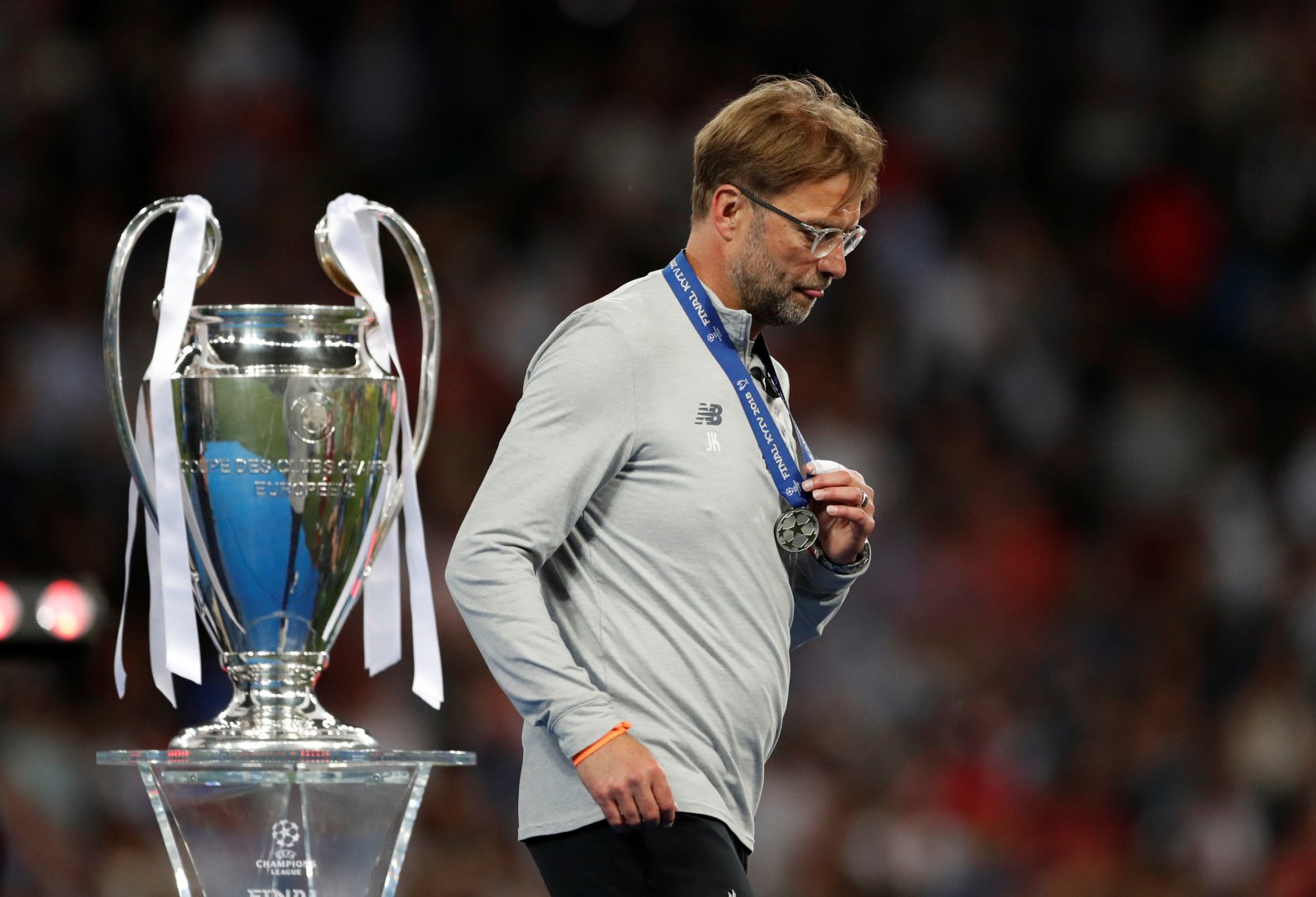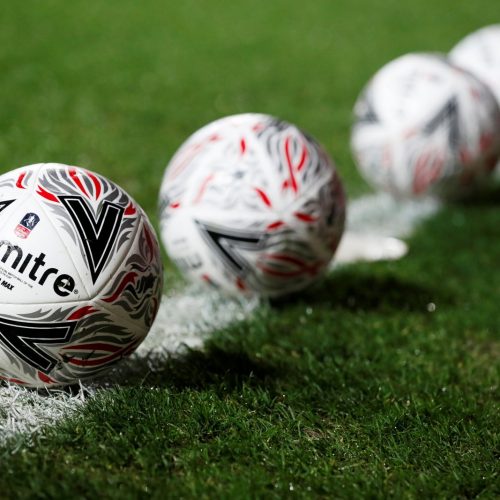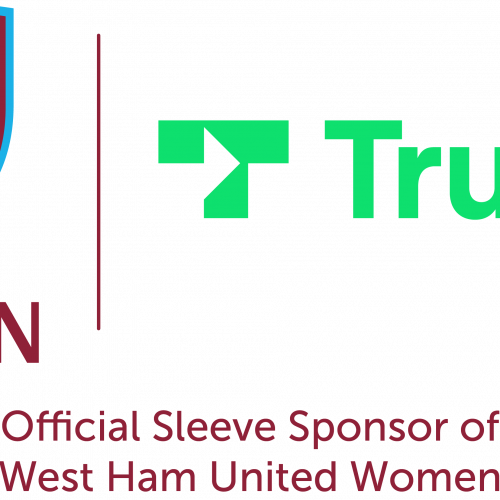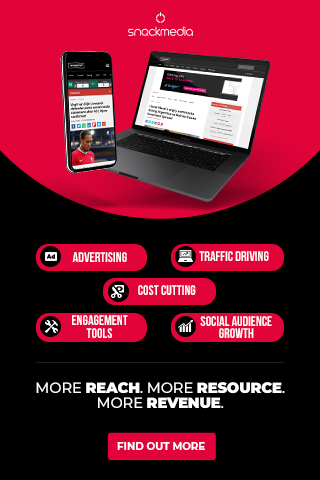Champions League Final: A golden opportunity for publishers to get up off the mat
This is an article by Jonathan Earle, Customer Director, Sports Media, Sportradar.
For more from Jonathan and his thoughts on sports publishers, listen to his recent appearance on the Digital Sport Insider podcast.
Everyone in the sports media ecosystem can make money – even the traditional sports publishers.
This Saturday’s UEFA Champions League final will be some occasion. Two British teams going head to head – Liverpool and Jurgen Klopp, who has a habit of losing finals, against Tottenham and Mauricio Pochettino, who could be the first manager to lift a European trophy for Spurs since Keith Burkinshaw in 1984.
You wouldn’t really begrudge either the trophy, unless perhaps you were an Evertonian or an Arsenal fan.
The amount of noise, coverage, column inches, blogs, tweets and posts will be at a record high before, during and after a final that will mark the culmination of the most incredible Champions League tournament ever.
With the stupendous, fast flowing football from this season’s surprise package Ajax, which would put a smile on Johan Cruyff’s face, coupled with the incredible semi-final fightbacks from the 2019 finalists that will go down in folklore – this season’s competition has had it all.
"Attention deficit syndrome is rife – society is changing and the knock-on impact is being felt by sports. It is now very much a sprint, not a marathon. It’s about shorter and shorter highlights; with more and more snackable content of the very best bits."#WorldSoccerCongress pic.twitter.com/oAClK9LlWh
— Sportradar (@Sportradar) April 12, 2019
There is money to be made from this final for everyone in the sports media ecosystem and publishers will be doing everything they can to take their fair share of traffic and engagement on their websites and apps before ultimately monetising through advertising, sponsorship and subscriptions.
However, it’s nowhere near as easy as it used to be.
Historically, sports fans went to their favourite publication for their hourly/daily (delete as appropriate) fix of what was happening with their sports teams. Tried and tested with little competition, traffic and readership numbers were sky high and journalists could enjoy long, leisurely lunches in and around Fleet Street.

Fast forward to the present day and the only thing constant is the speed of change. New entrants have come into the marketplace with huge budgets – players such as Amazon and Netflix or any of the other digital powerhouses equally prepared to spend huge on sports coverage and unique content.
Then, let us not forget, the tsunami of amateur publishers with their hefty followerships around the world posting second-by-second updates, funny Gifs and memes. Whichever way you look at it, it’s an area that’s more competitive and splintered than ever before and frankly, will only get worse.
With declining traffic numbers, a reduction in time on page stats and drops in revenues from advertising, some publishers are moving to subscription models but realistically, who is going to pay for content they can largely get elsewhere for free? Other publishers are going more and more niche to appeal to specific segments while some are praying for a miracle or simply calling it a day.
So, what can the publishers do when faced with these headwinds?
Well firstly, they need brilliant journalists – either those schooled in the art of writing; or those proficient in content creation that is both unique and sharable. Then they need a solid social strategy and one that doesn’t come with the cost of a person who has studied social media at Cambridge and worked for one of the big digital agencies. Being cost effective is essential.
Sportradar introduced GameBeats – a platform that offers unlimited social media graphics, in any language, with any branding, publishable to any site – with a process so easy it can be run by my 10-year old Ellie. GameBeats will grab the available traffic and pull readers onto the website.
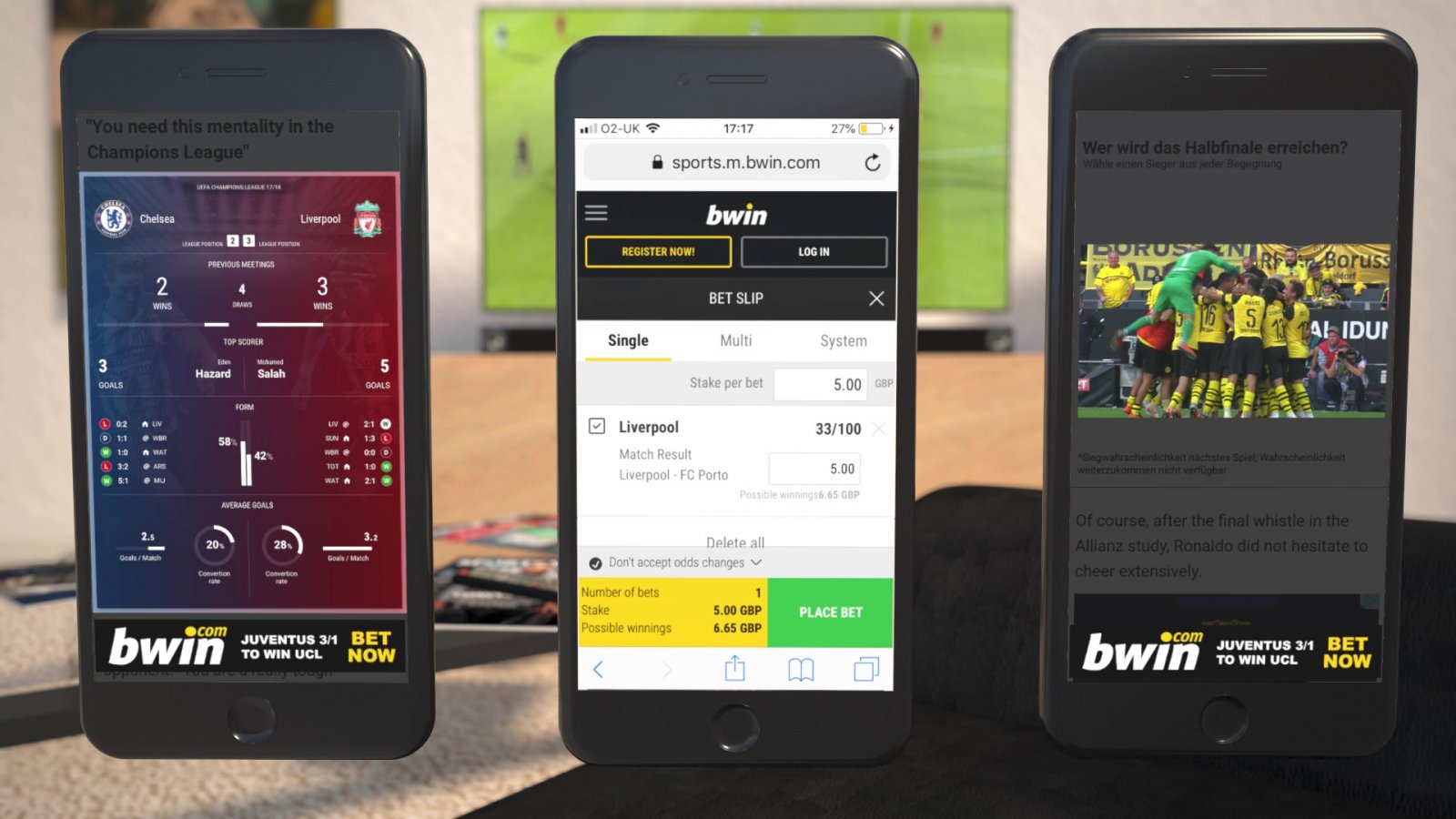
Then it is about keeping the reader on the page for longer. Whether that be data overlays on OTT platforms, following in the foot steps of NBA and their Clipper CourtVision, or BT Sport including clickable highlights within the match timeline on their app.
For others, it may be as simple as engagement on the page with gamified widgets. Sportradar’s InHabit offers AI-powered gamification in the form of ‘factives’, where the semantic layer reads a publisher’s piece in seconds and places a relevant widget within the article designed to engage the fan.
Then, after they’ve played, it serves up a relevant, targeted advert through a bookmaker to drive new monetisation routes.
While physical sponsorship and in-stadium advertising will be dominated by UEFA partners and official sponsors, the online space remains a decisive one for the gambling industry and data is the way forward for bookies wanting to optimise their spend and engage more efficiently with their target audiences.
This weekend will see the most competitive edition of the UEFA Champions League we have seen draw to a close. The sports media world is just as closely contested and it will be those organisations that innovate and stay ahead of the curve who will succeed.
About author
You might also like
Leeds United become first football club to sell official jerseys on TikTok
Leeds United is the first football club in the world to partner with TikTok to sell official merchandise and replica jerseys. Coinciding with the release of the new rhapsody purple,
Lewes FC Appoints Sue Anstiss To Its Board Of Directors
The Lewes FC Board is delighted to announce that it has co-opted Sue Anstiss as a Lewes FC Director. Sue has been a driving force for equality in sport for
Trustly extends partnership to become West Ham United Women’s Sleeve Partner
West Ham United is pleased to announce that Trustly has enhanced its relationship with the Club by becoming the Women’s Sleeve Partner. Trustly, the leading global account-to-account payments platform, became

